Daliya Khuon, MD, is a humble hero.
As an infectious disease specialist at Spectrum Health Helen DeVos Children’s Hospital, she’s on the front lines of COVID-19.
She doesn’t consider herself a hero, though. She’s just doing her job—what she’s always dreamt of doing.
Born in Battambang, Cambodia, Dr. Khuon and her family moved to the United States when she was 18 months old. She grew up in Chicago, then moved to Holland, Michigan, at age 8.
“For at least as long as I can remember, I’ve wanted to be a doctor,” Dr. Khuon said. “I’ve explored other interests, such as basic science research, but I really missed the human aspect of diseases, so I kept coming back to medicine.”
Though she considered several specialties while attending medical school at Northwestern University, an open mind helped forge her path after a rotation in infectious disease.
“I really loved it,” she said. “Things that drew me to it were how evidence-based all the attendings were and how both specialized and yet broad infectious disease is. You’re still focused on a particular type of disease, but it involves many organ systems. It’s also a specialty that has global and public health impact, and I’ve always had an interest in public health.”
After her residency and fellowship in pediatric infectious disease, her path led her to Helen DeVos Children’s Hospital in 2015.
She never imagined an enemy like COVID-19.
Dr. Khuon, who also serves as the medical director for infection prevention at the children’s hospital, shares her insights from working behind the scenes to help Spectrum Health and the West Michigan community through this pandemic.
Q: What did you and your team do to prepare for COVID-19?
“There was a lot of teamwork, for sure,” Dr. Khuon said.
Key people, including infection prevention specialists, met well before a pandemic was declared to ramp up preparedness for the eventual arrival of COVID-19 in West Michigan.
“Once the pandemic was here, we were integral advisors for isolation policies, PPE (personal protection equipment) use, screening and testing for the public, patients, and our own team members, and visitor policies,” she said.
Q: What are some of the highlights?
“From an infection prevention standpoint, there were two major issues: how to identify people who had the infection and how to protect from the spread of the infection,” Dr. Khuon said.
Russell Lampen, MD, the Spectrum Health Medical Group director of infection prevention, focused on PPE and how best to distribute limited supplies and making sure Spectrum Health’s front line team members were kept informed and taking appropriate precautions.
“I focused on providing clinical guidance for screening and testing,” she said. “This included screening our team members to determine who was OK to work, how to prioritize testing in the early days when testing supplies were low and which symptoms should be included for testing.”
The work on testing is ongoing as the team continues to broaden criteria and works to comply with the Centers for Disease Control and Prevention and Michigan Department of Health and Human Services guidelines.
“Those guidelines are frequently changing, so we are an active work group,” Dr. Khuon said. “In addition, all of us pediatric infectious disease doctors have been paying close attention to how the disease affects children, such as with Multisystem Inflammatory Syndrome and developing guidelines (for treatment).”
Q: What’s your personal perspective on being on the front end of fighting this virus?
“It’s been extremely humbling,” Dr. Khuon said.
She said they are reminded as physicians of how vulnerable they and their patients are and that we must invest in pandemic preparedness.
“In addition, it shows just how small a world we live in and how quickly something like this can spread,” Dr. Khuon said.
She has felt grateful for so much—that the internet allows many to work in a safe manner, how flexible and understanding people have been, for community members who have worked to socially distance and limit the spread of infection, and for the many non-health care essential workers who have kept our society running.
“I’m proud of our institution for coming together to work long hours to do the right thing for our patients and community,” Dr. Khuon said. “I’m horrified by all the losses we’ve had—from all the lives lost, the disproportionate affect the pandemic has on our Black and Hispanic communities, the economic damage, and innumerable other casualties of the very necessary Stay Home orders throughout the country.”
Q: Is it emotional at times?
Dr. Khuon said the pediatric community has been fortunate in that the cases have been mostly mild. She has not personally taken care of any children with COVID-19.
“I’ve been lucky,” she said. “There have been few children admitted with the infection, and none that required input from infectious diseases. Working in the broader guidelines for testing and screening, though, has been emotional at times, mostly because we are all trying to get it right and keep everyone as safe as possible.”
Q: Given that we recently celebrated Asian Pacific American Heritage month, what do you wish the Asian Pacific American community knew about COVID-19?
“It’s more a matter of what I want the community to know,” Dr. Khuon said. “This pandemic is not the fault of Asian Americans or Pacific Islanders. They are as vulnerable to it as everyone else.”
As our world becomes smaller and as our population grows into previously uninhabited areas, she said new viruses could crossover into people and spread globally.
“The most important thing is to invest in public health infrastructure and pandemic preparedness so that we are ready for the next one,” she said. “Working together as a global community is the only way forward.”
Q: Anything else you would like to add?
“I would be remiss if I didn’t point out that many people have been delaying health care due to fears of catching COVID-19,” Dr. Khuon said. “I encourage people to seek care if they are feeling ill.”
For the children, she’s concerned that vaccination rates are plummeting.
“While we take care of a global pandemic, we can’t forget about the other infections out there that we can prevent by vaccinating against infection,” she said. “Vaccines have saved more lives from infection than anything else other than water treatment, including antibiotics. So parents, please make that appointment with your pediatrician to get your children seen for their routine vaccines.”
And lastly, she wanted to encourage everyone to continue following local and national guidelines for limiting spread of the infection.
“West Michigan is evidence that these measures are effective when instituted early,” Dr. Khuon said.
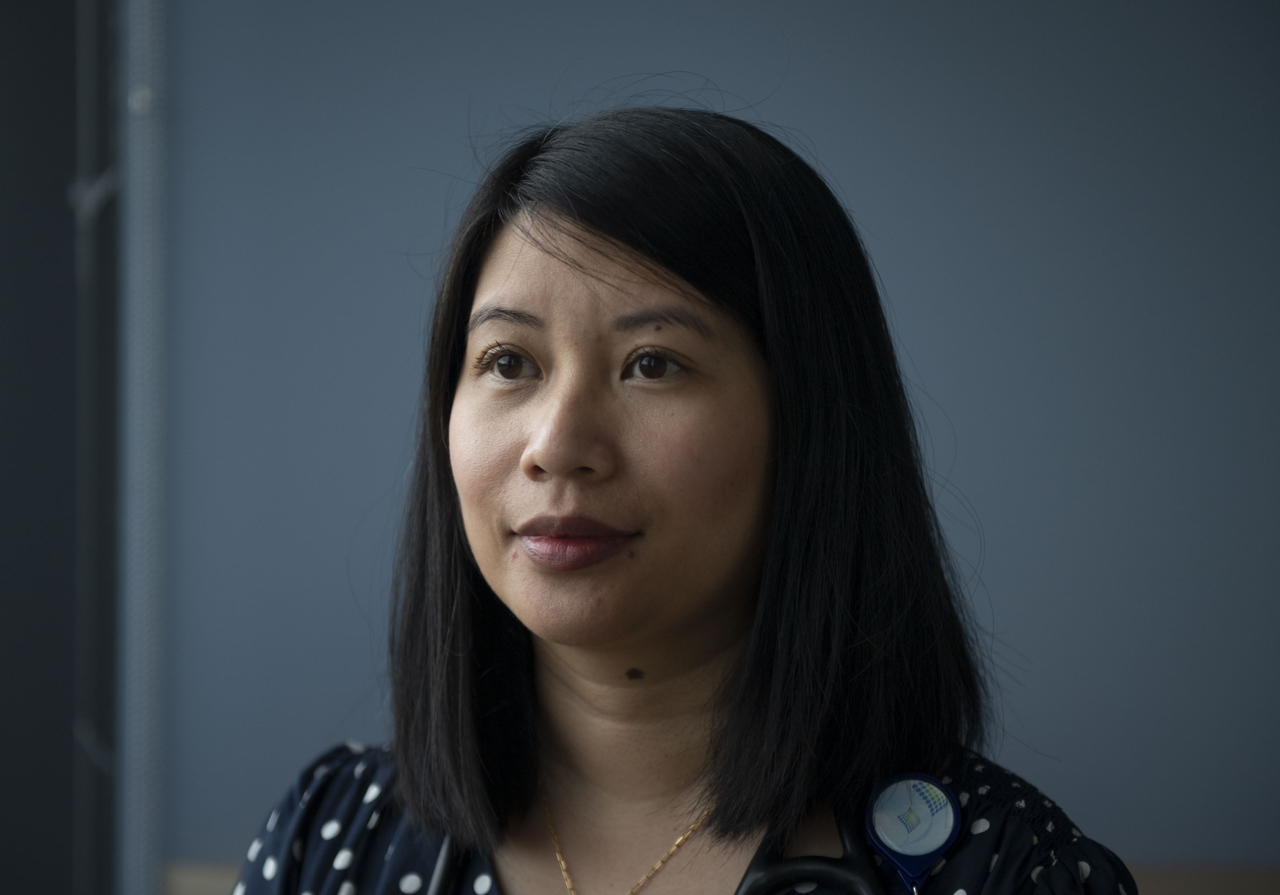
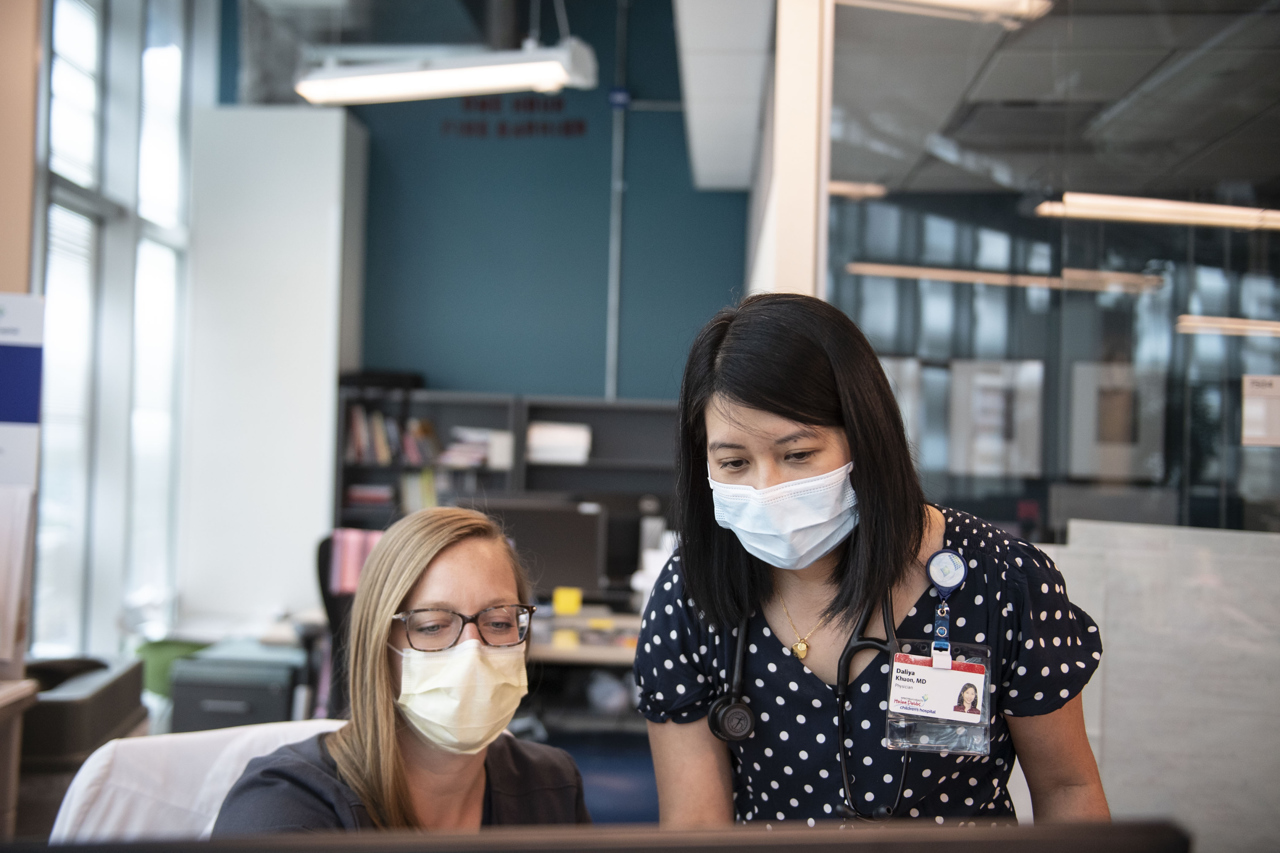
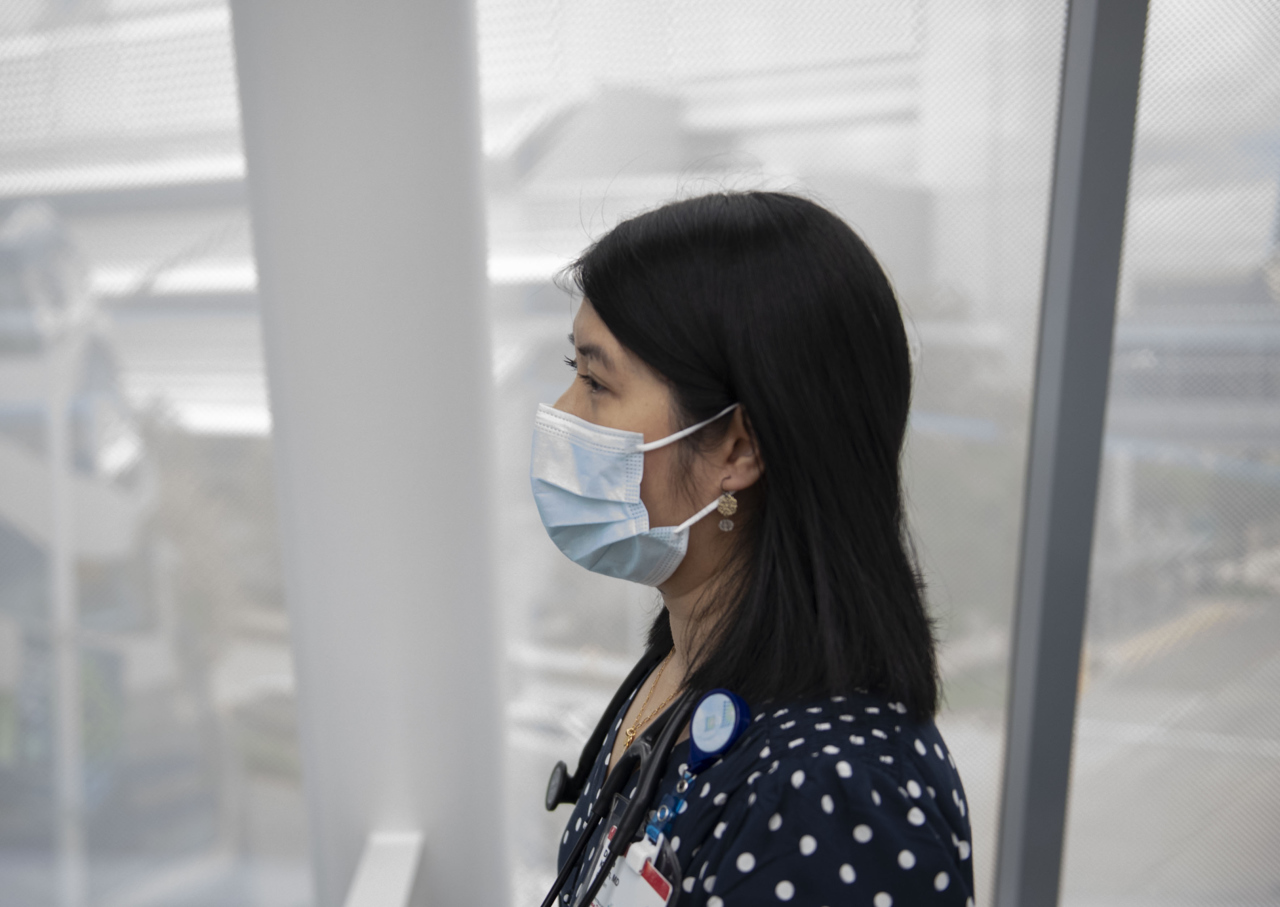
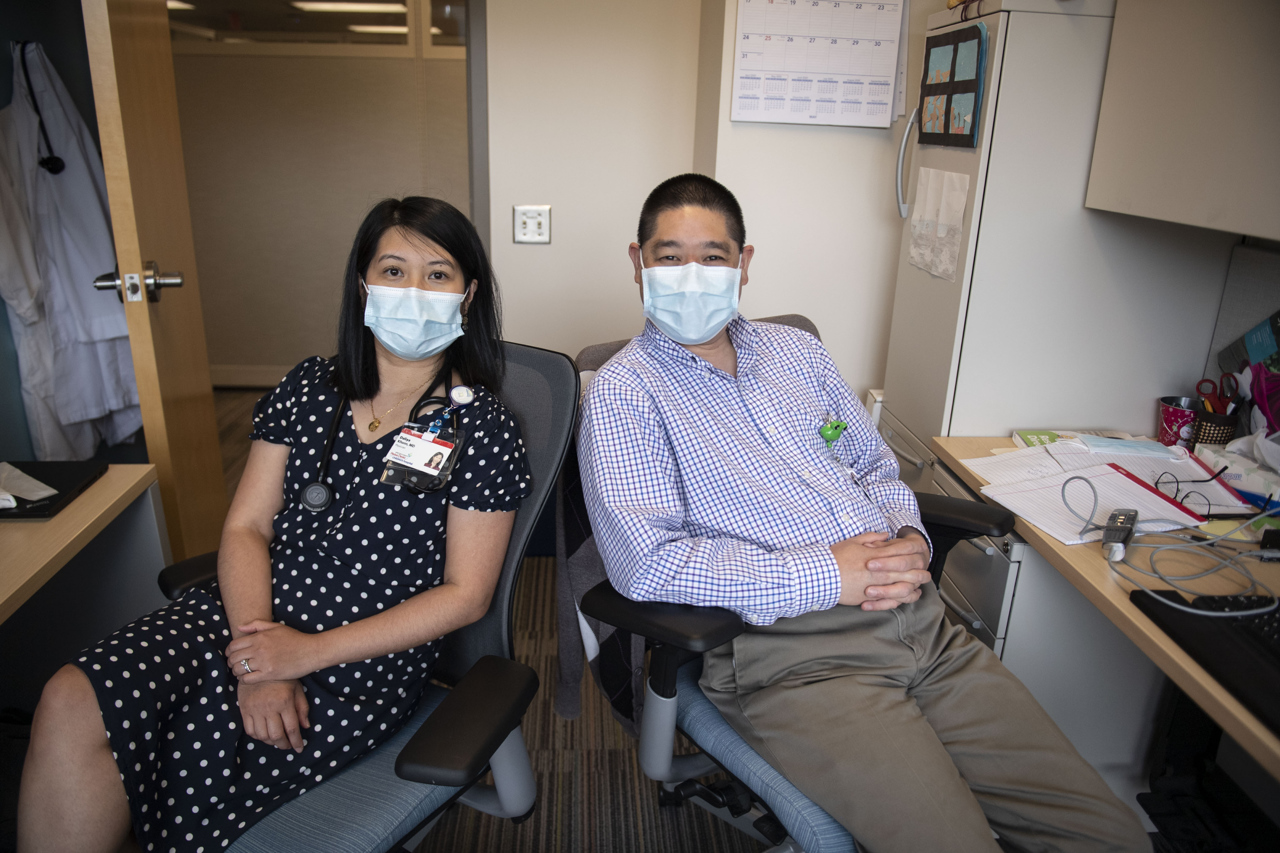
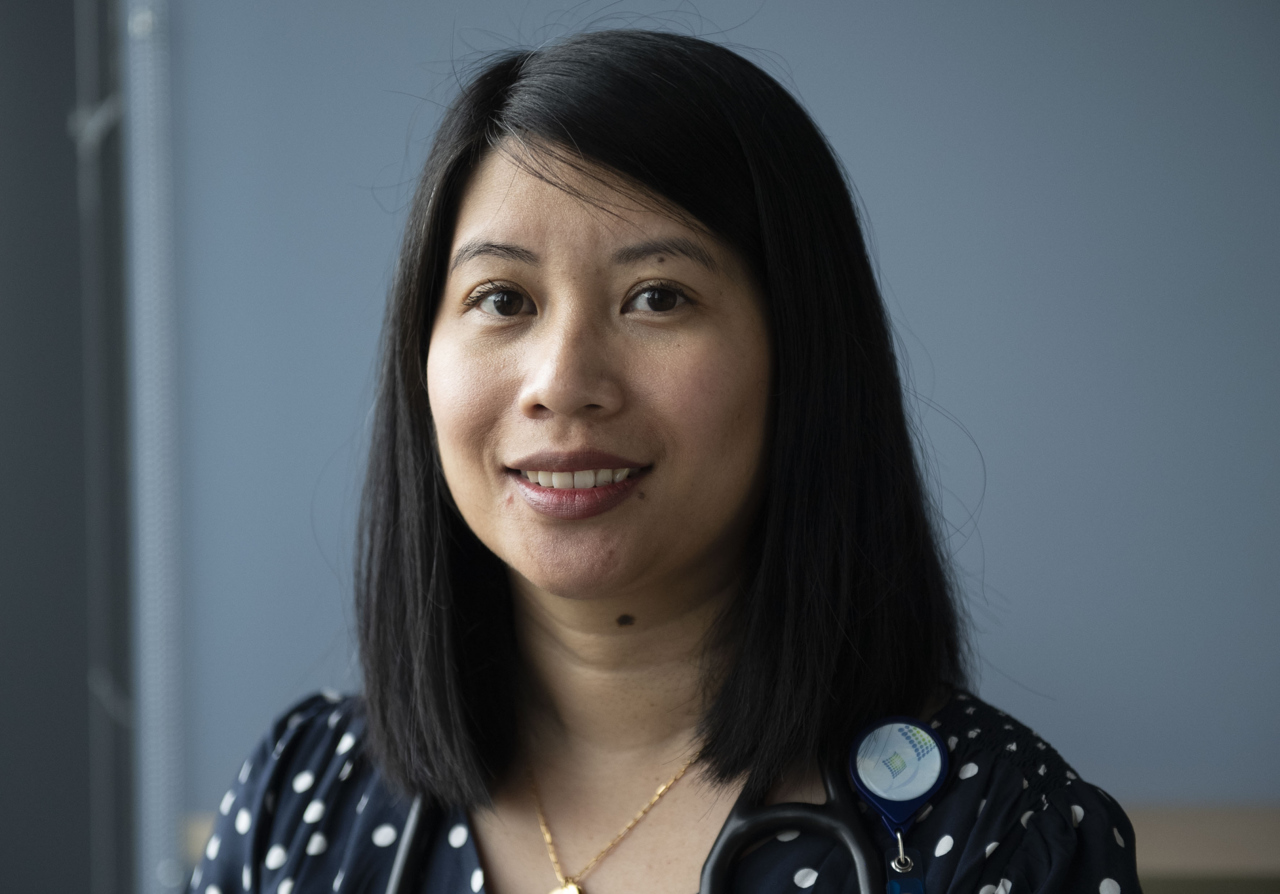
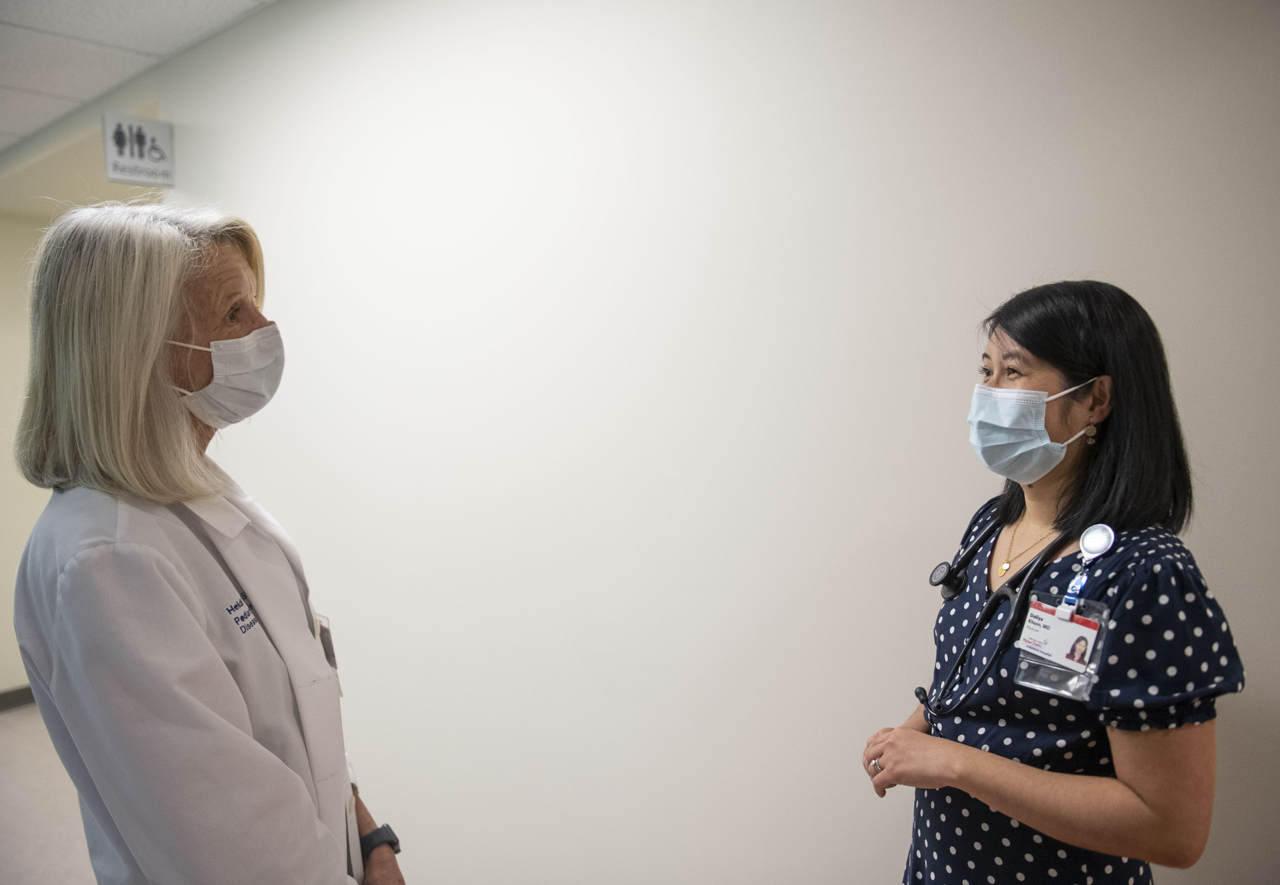
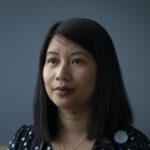
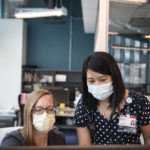
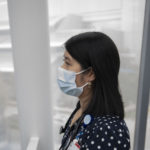
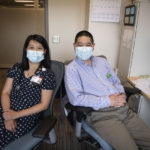
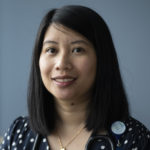
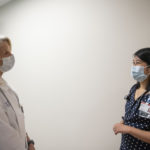

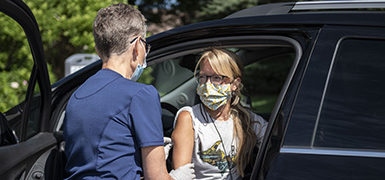 /a>
/a>
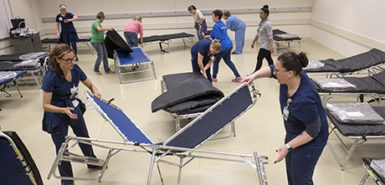 /a>
/a>
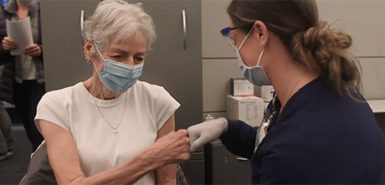 /a>
/a>
I am very thankful for Dr.Khuon and the many other health care workers who have provided care and guidance through this very unsettling time in our history. We have much to be thankful for, yet sorrowful for all of the human and economic devastation that has taken place.
Bravo Dr. Khuon!